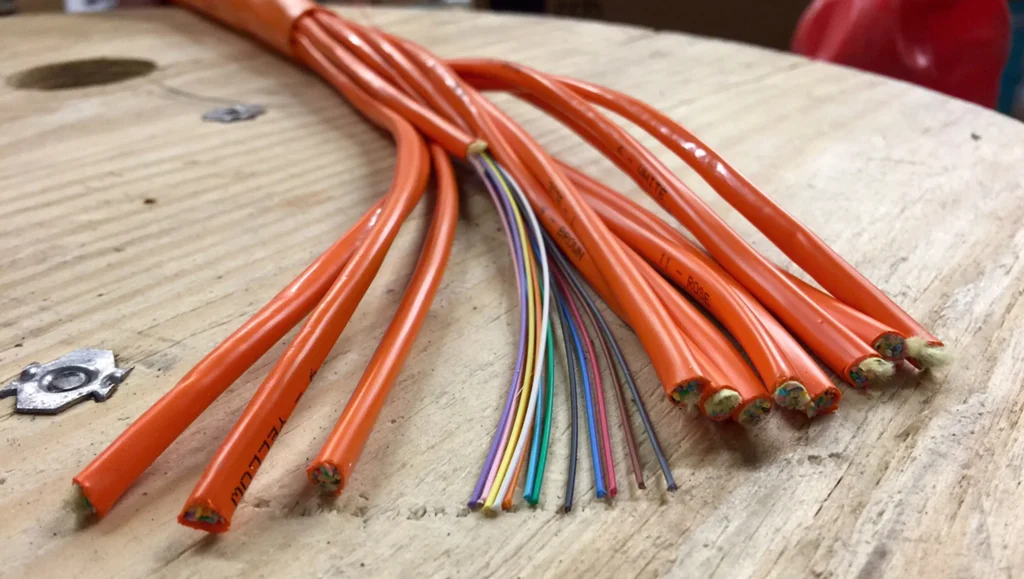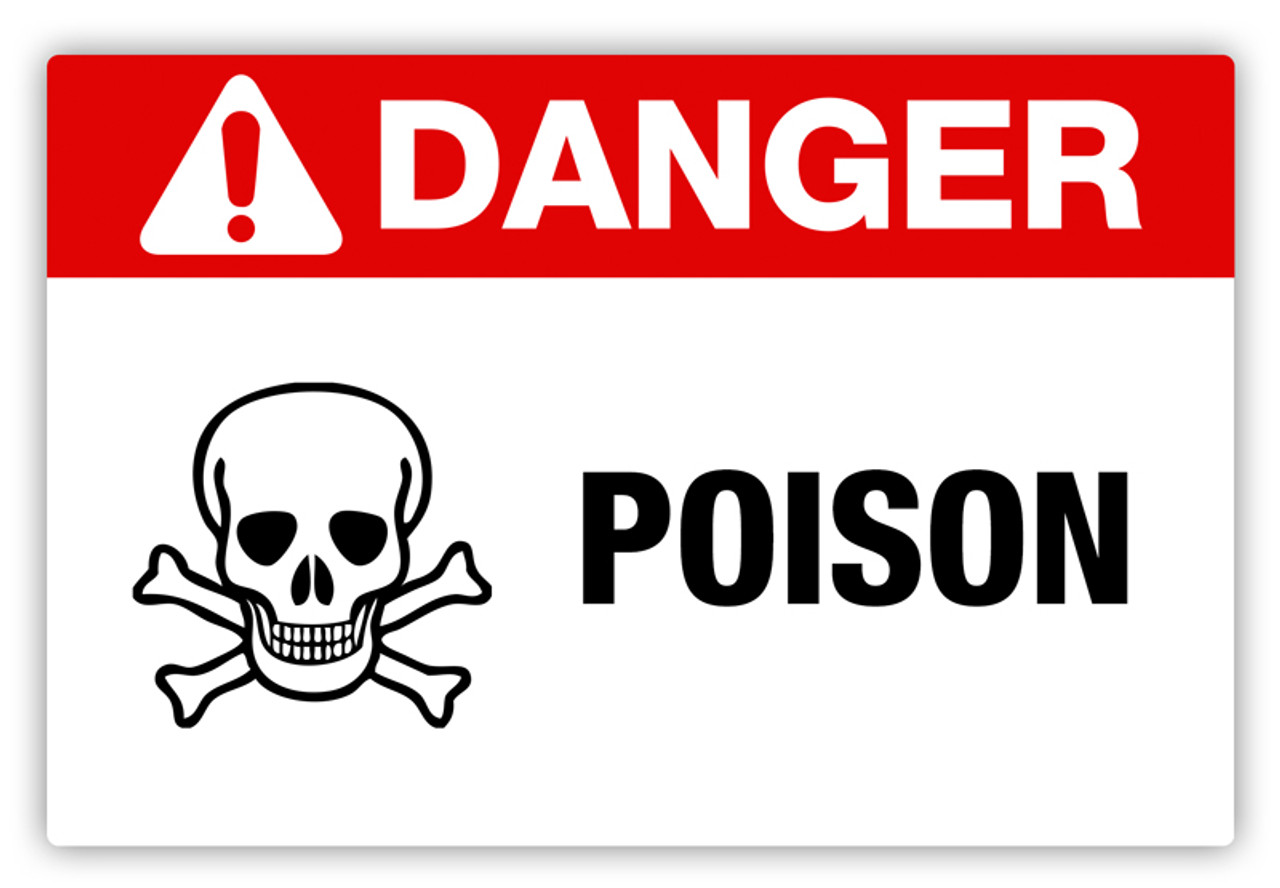In a bold move to safeguard community health, Hudson Valley Congressman Pat Ryan has taken major telecommunications companies, including Verizon and AT&T, to task for allegedly abandoning toxic lead cables that pose a serious threat to communities in the region and across the United States.
In a letter addressed to the CEOs of these telecom giants in July 2023, Congressman Pat Ryan accused them of neglecting their responsibility and demanded the disclosure of locations where these hazardous lead cables have been abandoned, asserting that they are “poisoning communities” in the Hudson Valley and beyond.
Ryan’s concerns stem from a reported “bombshell Wall Street Journal report” that uncovered the widespread presence of lead-leaching cables across hundreds of cities in the country, creating a potential environmental crisis. The report exposed how telecom companies, including Verizon and AT&T, left these toxic cables on poles, underwater, and buried underground, leading to the contamination of public spaces.
Expressing his deep concern, Congressman Pat Ryan emphasized the gravity of the situation: “For decades, big corporations have polluted our rivers and our drinking water, always putting their profit above the health and safety of our community. This latest failure by Verizon and AT&T is no different.”

Read more:
- California Lawmaker Proposes Speed Limit Technology to Curb Road Deaths
- Tragedy Strikes as Young Dancer Dies from Mislabeling of Peanuts in Cookies
- New Concealed Carry Law Denied by Another Northern California Count
- U.S. Takes Action to Safeguard Whales Around Offshore Wind Farms
The investigation by the Wall Street Journal employed isotopic analysis, confirming the culpability of these cables in the elevated levels of lead found in various locations. Ryan’s plea for accountability is grounded in the potential risks to public health, especially to children who may be exposed to even trace amounts of lead.
The Centers for Disease Control and Prevention (CDC) maintains that there is no safe level of lead for children, as even small amounts can lead to severe risks in physical and mental development. The Wall Street Journal’s findings revealed that approximately 80% of sediment samples taken near underwater lead cables tested positive for elevated levels of lead, highlighting the dangerous implications of these abandoned cables in public spaces.
Congressman Ryan’s focus on the issue extends to specific concerns about lead-sheathed cables in playgrounds and communities within New York’s 18th Congressional District. He underscored the potential dangers posed by mostly obsolete and abandoned cables leaching lead into the ground, exposing children and families to the risk of lead poisoning.
Taking to social media, Ryan voiced his concerns following an announcement by the Environmental Protection Agency (EPA) regarding the lowering of recommended screening levels and strengthening guidance for investigating and cleaning up lead-contaminated grounds in residential areas where children live and play. Ryan stressed the urgency for accountability and comprehensive testing by the implicated companies in light of the EPA’s decision.
“There is no safe level of lead for kids. Yet Verizon & AT&T are knowingly exposing our children to toxic lead cables,” Ryan asserted. The EPA’s recent decision further emphasizes the need for these telecom giants to disclose the locations of their toxic lead cables and commit to robust testing to ensure the safety of communities.
Governor Hochul has also taken action by directing state agencies to investigate the issue across New York, demonstrating a coordinated effort at the state level to address the environmental hazard posed by abandoned lead cables.
As this environmental crisis unfolds, Congressman Ryan’s advocacy for transparency, accountability, and comprehensive testing serves as a rallying point for communities affected by potential lead contamination. The urgency of the matter underscores the need for swift action by telecom companies to rectify the environmental impact of their abandoned cables and safeguard the well-being of communities across the Hudson Valley and the wider United States.















+ There are no comments
Add yours